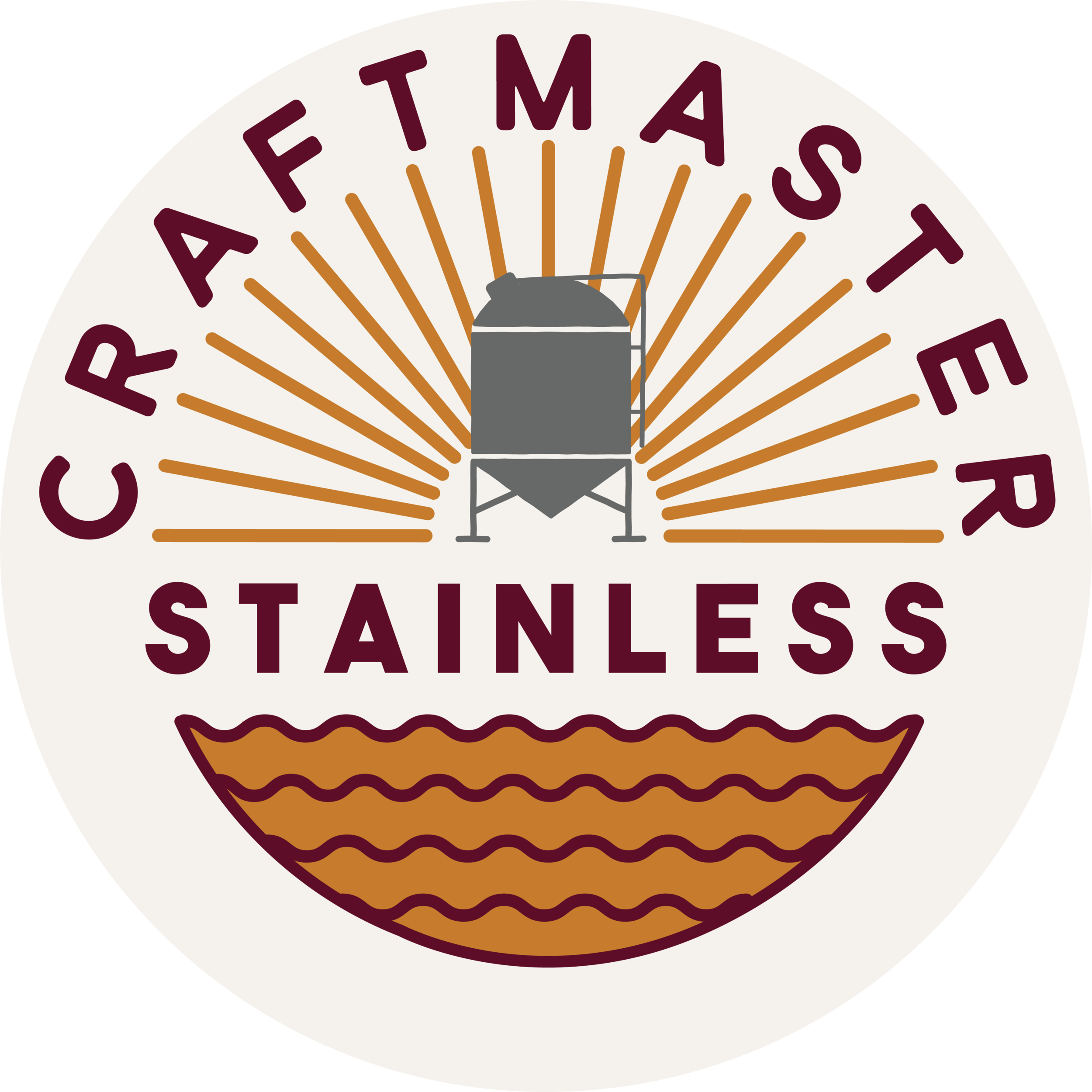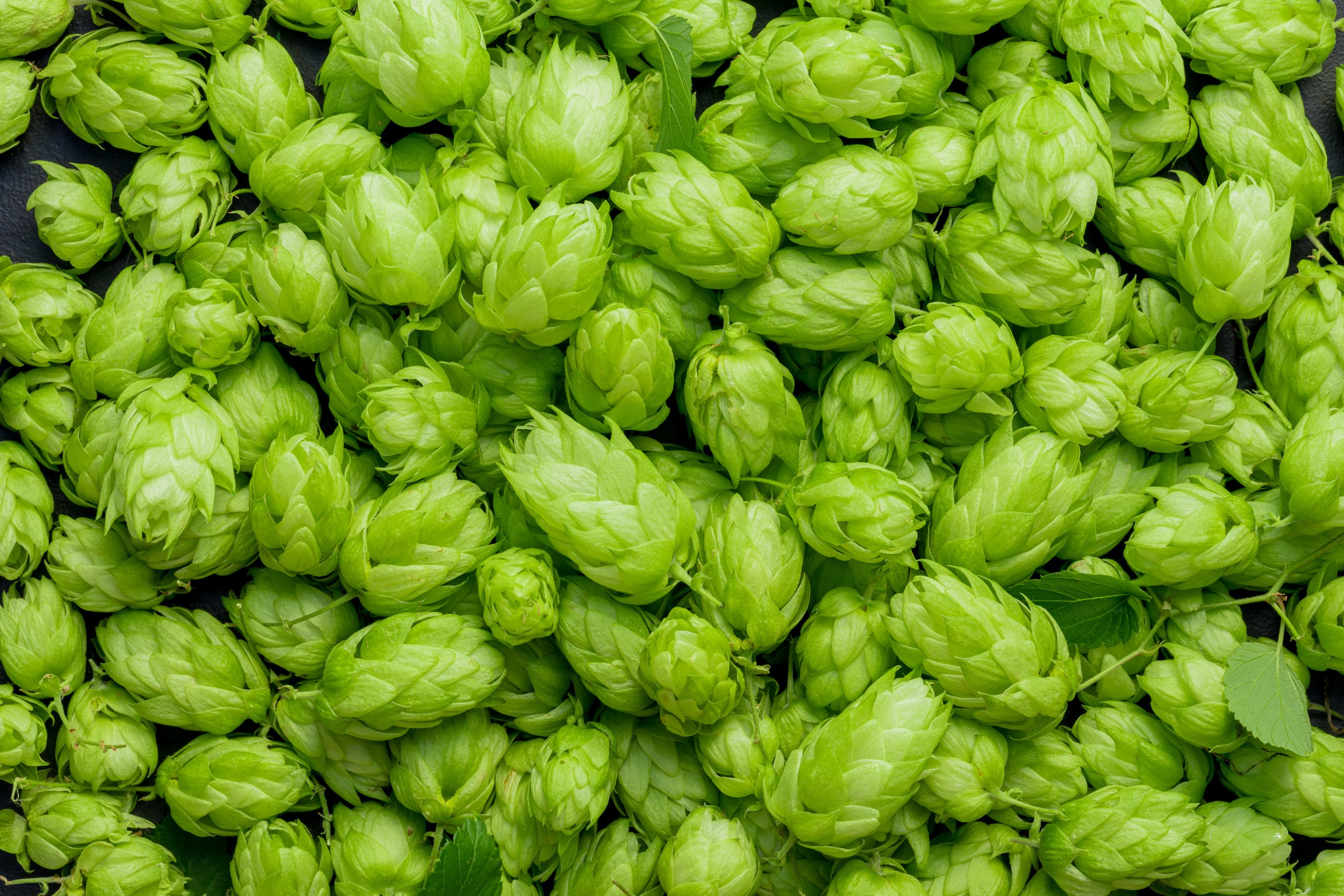Nontraditional Techniques in Modern Beer Brewing
The blend of conventional methods and groundbreaking techniques is one of the most captivating aspects of modern brewing. This mix of old and new keeps pushing boundaries to expand an innovative brewing era. Brewers are not just craftsmen but innovators, experimenting with ingredients, brewing methods, and technologies in pursuit of the perfect brew.
These innovations offer a fresh perspective on a centuries-old art form, creating many new flavors, aromas, and textures. These nontraditional techniques in modern beer brewing will help you discover how they influence the overall quality of beer, providing an enriched tasting experience.
Cryo Hops
Cryo hops, also known as concentrated lupulin powder, are taking the brewing industry by storm. This innovation involves freezing whole hop cones and shattering them, isolating the lupulin glands containing the coveted resin and aromatic oils. The result is a potent, hoppy punch without the excessive vegetal flavors that can come from traditional hop forms.
Kveik Yeast
Originally used by Norwegian farmers, Kveik yeast has become a popular option in beer brewing for its unique properties. This yeast ferments at a higher temperature than conventional brewing yeasts and rapidly without producing off-flavors. Brewers are exploiting this yeast to create a vast range of beer styles with distinct flavor profiles.
Stainless Steel Equipment
Stainless steel is the best solution for existing brewing problems because it minimizes factors contributing to off-flavors. A stainless steel brite tank stands as an embodiment of how technology aids in refining brewing techniques. Its innovative design and material allow for better temperature control, minimizing the risk of contamination and ensuring a consistent, high-quality product.
High-Pressure Fermentation
High-pressure fermentation is a technique that involves fermenting beer under pressure to control ester production, resulting in a cleaner-tasting beer. This method allows brewers to ferment at higher temperatures without the typical fruity and solvent-like off-flavors. The technique is especially useful for brewing lagers, requiring a clean, crisp profile.
Barrel-Aging
Traditionally used to produce stouts and porters, this aging process involves storing beer in wooden barrels to introduce complex, nuanced flavors and aromas. Innovative brewers are experimenting with wine barrels, which can pass on the elegant tannin structure and the fruity or dry character of the wine to the beer. Barrels that once held maple syrup can give the beer a sweet, decadent finish, perfect for dessert-style beers.
Developments in the beer industry are contingent on a blend of tradition and innovation that keeps expanding to reach new heights. Using nontraditional techniques in modern beer brewing offers brewers unique solutions for a demanding and constantly evolving market.

